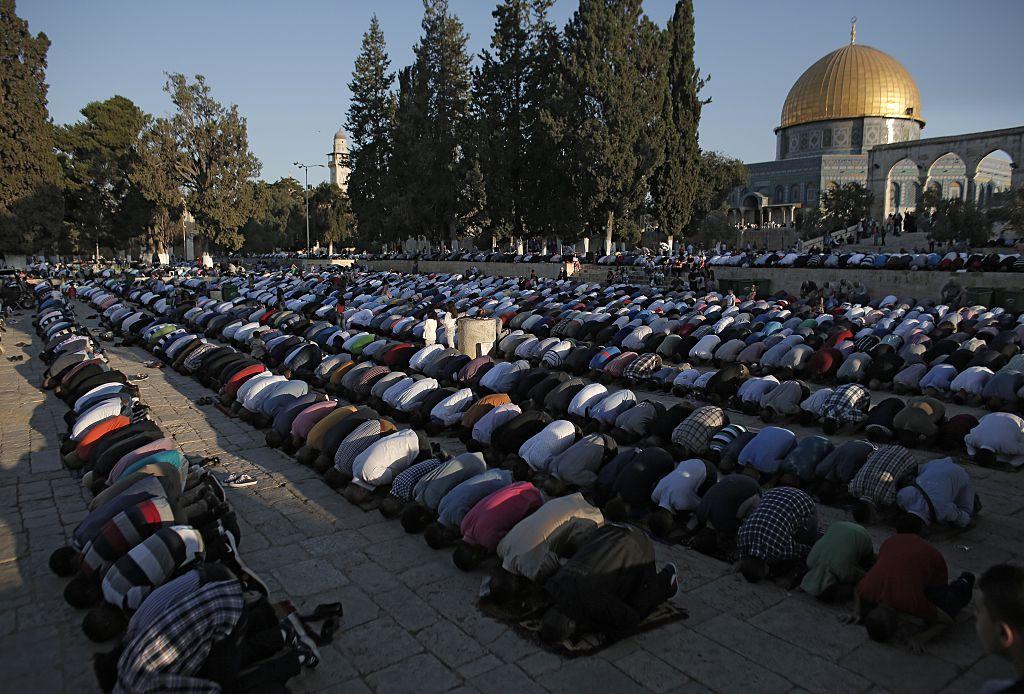Israeli ministers to ban use of speakers for Muslim call to prayer due to 'noise pollution'
Controversial proposal which would ban mosques from using loudspeakers for the five-times-a-day summons is similar to European legislation, backers say

Your support helps us to tell the story
From reproductive rights to climate change to Big Tech, The Independent is on the ground when the story is developing. Whether it's investigating the financials of Elon Musk's pro-Trump PAC or producing our latest documentary, 'The A Word', which shines a light on the American women fighting for reproductive rights, we know how important it is to parse out the facts from the messaging.
At such a critical moment in US history, we need reporters on the ground. Your donation allows us to keep sending journalists to speak to both sides of the story.
The Independent is trusted by Americans across the entire political spectrum. And unlike many other quality news outlets, we choose not to lock Americans out of our reporting and analysis with paywalls. We believe quality journalism should be available to everyone, paid for by those who can afford it.
Your support makes all the difference.Representatives of Israel’s Knesset have given their approval to what is known as the “muezzin bill” banning religious leaders from using loudspeakers or public address systems to summon worshippers for prayers.
The Ministerial Committee for Legislation debated the bill on Sunday before authorising it for a parliamentary vote. It is likely to be passed, since it has the backing of the country’s ruling coalition.
Prime Minister Benjamin Netanyahu expressed his support in his weekly cabinet meeting, saying that “citizens of all religions” have complained about excessive noise from muezzins, mosque officials who traditionally call worshippers to prayers from the building’s minaret.
“Israel is committed to freedom for all religions, but is also responsible for protecting its citizens from noise,” he said.
While the bill is primarily targeted at curbing noise pollution, critics have noted the proposed law contains a clause which says that “freedom of religion should not be harmful to quality of life nor used to convey religious or nationalist messages, and sometimes even words of incitement”, which they say is targeted at Muslims.
During the debate head of the Joint List Arab coalition party Ayman Odeh said the bill was designed to “harm freedom of religion for Muslims”.
“There are already noise laws that apply to mosques and it is clear that the whole purpose of the bill is to label mosques as problematic,” he added.
Similar measures have been proposed by Israeli politicians several times in recent years. A 2011 Knesset-commissioned report found that several European countries, as well as Cairo and some cities in Saudi Arabia, currently impose decibel-level limits on the muezzin’s call.
Spokesperson for Palestinian Authority President Mahmoud Abbas said that Palestinians “completely reject” the proposal.
Around 20 per cent of Israel’s population is Arab, making the call to prayer a familiar sound across the country.
Join our commenting forum
Join thought-provoking conversations, follow other Independent readers and see their replies
Comments